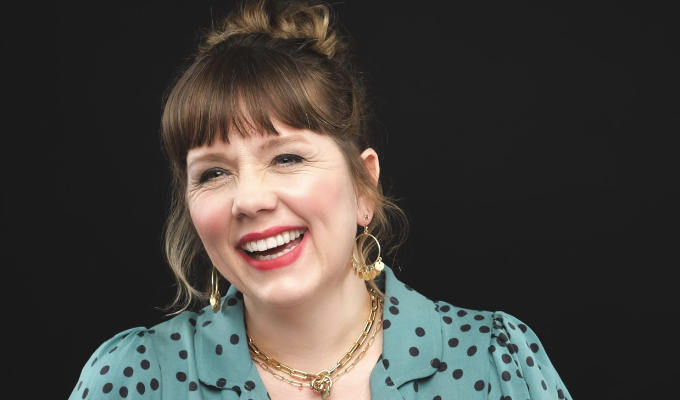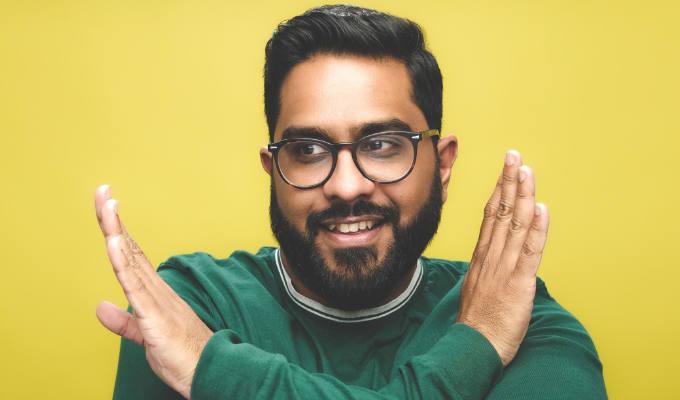An alternative view of alternative comedy
by Chris Hallam
Thirty years ago, the comedy landscape of Britain was transformed forever. Alternative comedy changed everything, consigning the archaic, politically incorrect comedy of the Seventies to the dustbin of history. Just as punk had revitalised music three years before, the new comedy was politically righteous, angry and infinitely more relevant to the audiences of the emerging Thatcherite Britain.Goodbye Bernard Manning, hello Alexei Sayle. That, at least, is the story. But while nobody would seriously dispute that something changed in the world of comedy at the start of the 1980s, was it really the revolution that some have claimed?
For one thing, the comedy scene of the late 1970s was not actually as tired and staid as is often made out. There had, after all, been an explosion of new political comedy only 15 years before with the satire boom led by Beyond The Fridge and That Was The Week That Was. The early 1970s had seen the launch of arguably the most radical post war comedy TV series of all: Monty Python’s Flying Circus. Although it’s never classed as such, it’s hard to think of a comedy series more shamelessly ‘alternative’ than Python.
Indeed, 1979, effectively year zero for the British alternative comedy scene was actually something of a vintage year for ‘mainstream’ comedy with one of the most successful sitcoms ever, Fawlty Towers as well, as one of the funniest films, Monty Python’s Life of Brian on TV and cinema screens.
Of course there was plenty of dross about too. But if alternative comedy was a revolution, it was a peculiarly slow-moving one. Indeed, anyone perusing the TV schedules of the 1980s might have been forgiven for thinking nothing had changed at all. Yes, there was Not The Nine O’Clock News, The Comic Strip Presents..., The Young Ones, Blackadder, Alas Smith and Jones and later in the decade, A Bit of Fry and Laurie and French and Saunders. But whether good or bad, mainstream comedy continued to flourish. Duty Free, Don’t Wait Up, Are You Being Served?, The Two Ronnies, Open All Hours.
These certainly weren’t all bad series, indeed many were great: few would lament the success of Yes Minister or Only Fools and Horses. But if the goal of alternative comedy was to banish the politically incorrect from our screens, then it failed. Questionable sitcoms such as Mind Your Language didn’t finish until 1987. The Comedians ran until 1985 while Jim Davidson was still appearing in sitcoms as late as 1990.
Today it’s hard to tell where the battle lines begin and end. In theory, edgy comics Jimmy Carr and Frankie Boyle should be the alternative ones. In reality, barred from TV and confined to the fringes, comics such as Roy Chubby Brown are more blatantly challenging mainstream comedy than anyone else. Yet their acts are much closer to Bernard Manning than anyone in spirit: the personification of everything alternative comedy was supposed to be against.
In truth, the 1980s witnessed a the emergence of a vibrant comedy scene which brought us the careers of Rowan Atkinson, Ben Elton, Fry and Laurie, Smith and Jones, French and Saunders, Rik Mayall, Ade Edmondson and many more. Like the Saturday Night Live-inspired boom which hit the US a few years earlier, these comics have left a rich comedic legacy which we are still enjoying today. We should be grateful. But with a sizeable new wave of comedy talent emerging with every new decade, it’s time we put things in perspective and stopped making claims that alternative comedy was something more than it was.
Published: 3 Feb 2009






